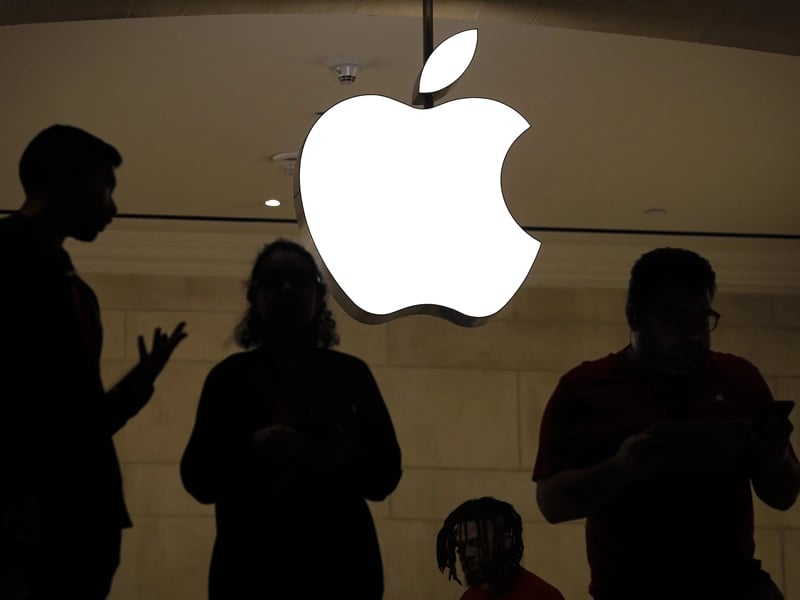Apple’s AI Gap Raises Tough Questions for Investors
Apple is still under pressure to deliver meaningful AI progress as rivals like Google and OpenAI race ahead.
Last month’s WWDC was expected to showcase advances in Apple Intelligence, but the event left both Wall Street and consumers underwhelmed.
The improved Siri, first teased in 2024, remains delayed until at least 2026, with no significant updates beyond vague promises.
This has dampened expectations that Apple’s AI suite will spark a hardware upgrade cycle anytime soon. Siri, once a market leader when it launched in 2011, has seen little evolution while generative AI assistants like Gemini and ChatGPT set new standards for conversational ability.
Google, less constrained by privacy concerns, has moved faster integrating advanced AI into its devices. Analysts warn that Apple has a limited window before lagging AI innovation begins to impact iPhone sales, though high customer loyalty is currently a buffer.
Pressure is building, especially with reports that former design chief Jony Ive is developing AI hardware with OpenAI. Speculation this week that Apple may abandon its in-house AI models in favor of licensing technology from Anthropic or OpenAI sent shares higher.
What Does This Mean for Me?
But such a move would contradict Apple’s longstanding strategy of controlling core technologies from chips to software. If confirmed, it suggests internal AI development isn’t keeping pace. Any deal could cost billions, reversing Apple’s usual cautious approach.
While Apple declined to comment, the company’s next steps on AI will be closely watched as it risks losing ground in a market increasingly defined by generative technology.

More News

Market Roundup: What Happened Yesterday and What Awaits Us Today (February 20)

Market Roundup: What Happened Yesterday and What Awaits Us Today (February 19)

Market Roundup: What Happened Yesterday and What Awaits Us Today (February 19)

Market Roundup: What Happened Yesterday and What Awaits Us Today (February 18)

Market Summary: What Happened Yesterday and What Awaits Us Today (February 16)

Market Summary: What Happened Yesterday and What Awaits Us Today (February 13):

Market Summary: What Happened Yesterday and What Awaits Us Today (February 12)
